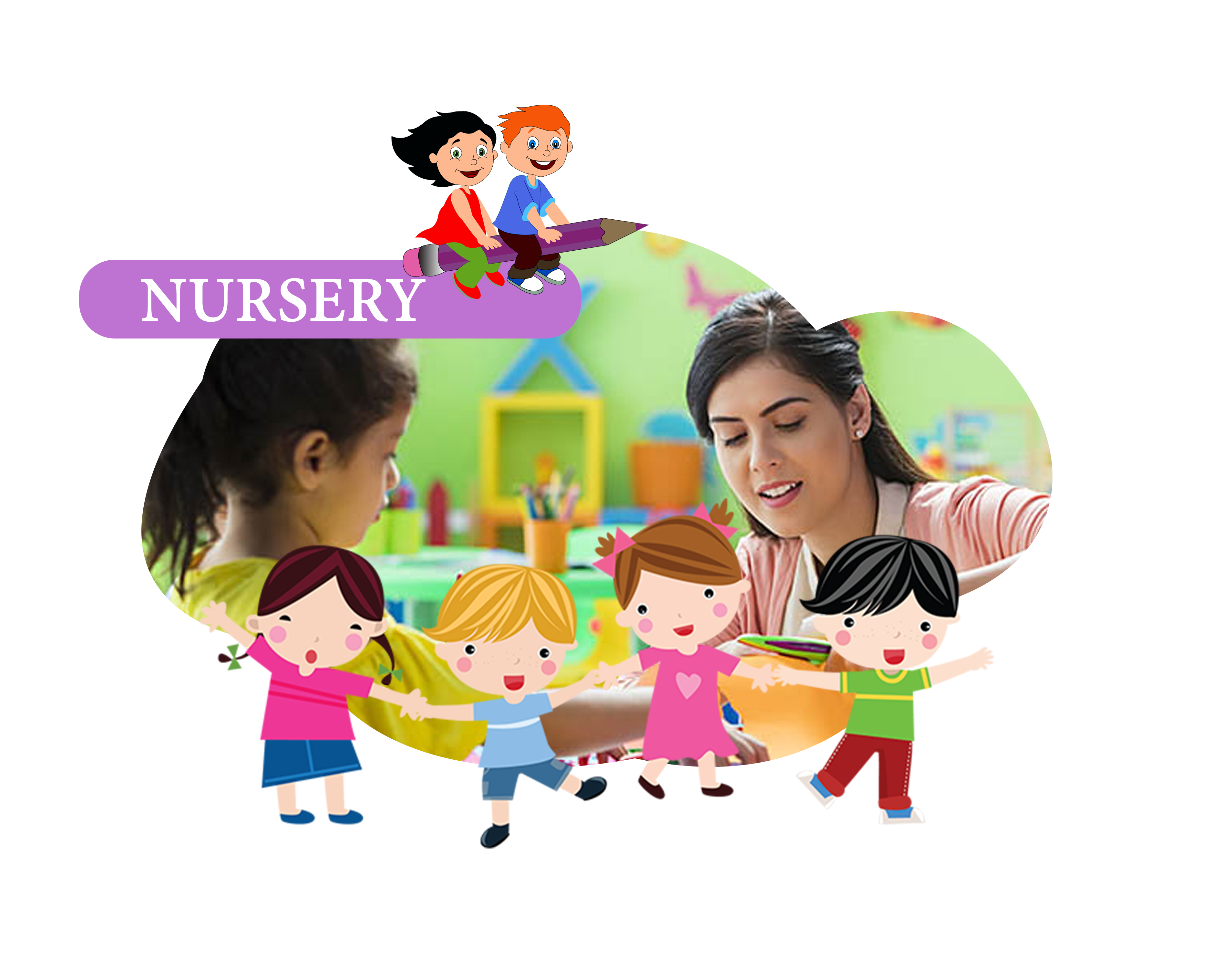

Three years old aren't maniacal. They're magical. Sure, they may test your patience by deciding to take their diaper off or insist on throwing a tantrum while you're trying to rush through Target to “grab a few things" but they don't mean to. Quite the opposite. They make you happy to give and receive love unconditionally. But they are experiencing so many new emotions and are doing their best to navigate these waters. They're learning and growing and making mistakes and becoming tiny humans, and at the same time, they reminding us every day that the toddler years—especially two!—are a magical time in our lives. Their love is loyal and forgiving and fierce and affectionate which is good for your ego and your heart. They remind us how to be in the moment. Running around with them in the evening, before winding down for bed actin' a fool and getting caught up in the moment is one of the best feelings on this planet. It's true happiness. In these times we don’t worry about anything our stress have momentarily disappeared, and our to-do list is saved somewhere in the cloud out of sight, and out of mind. They keep your silliness alive. You can act like a kid with your kid, and what a refreshing feeling that is. Being silly with your two-year-old can immediately transport you back in time with one loud burp, followed by happy, deep belly laughs. The harder you laugh, the harder your two-year-old laughs. They help you appreciate the simple things. Little toddler eyes are always watching, always observing pointing out things you might normally miss. Their perspective of life and the world around them rubs off on you. They force you to stop and look around to appreciate what's right in front of you.
Vaachi Juniors © 2025 All Rights Reserved.